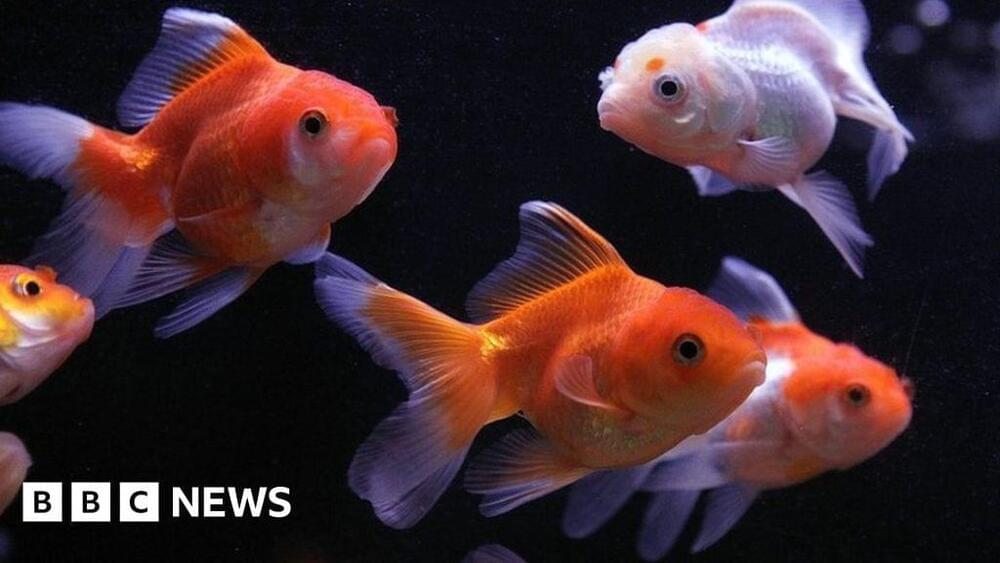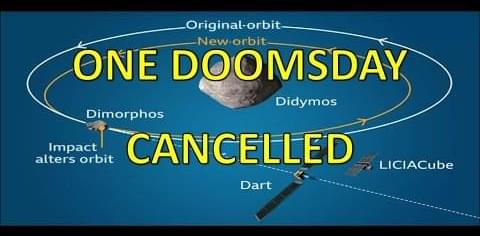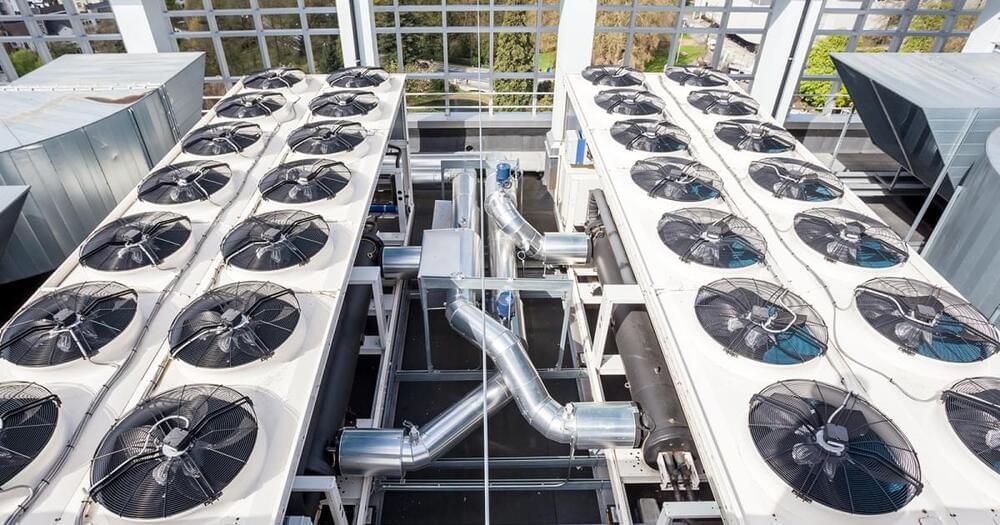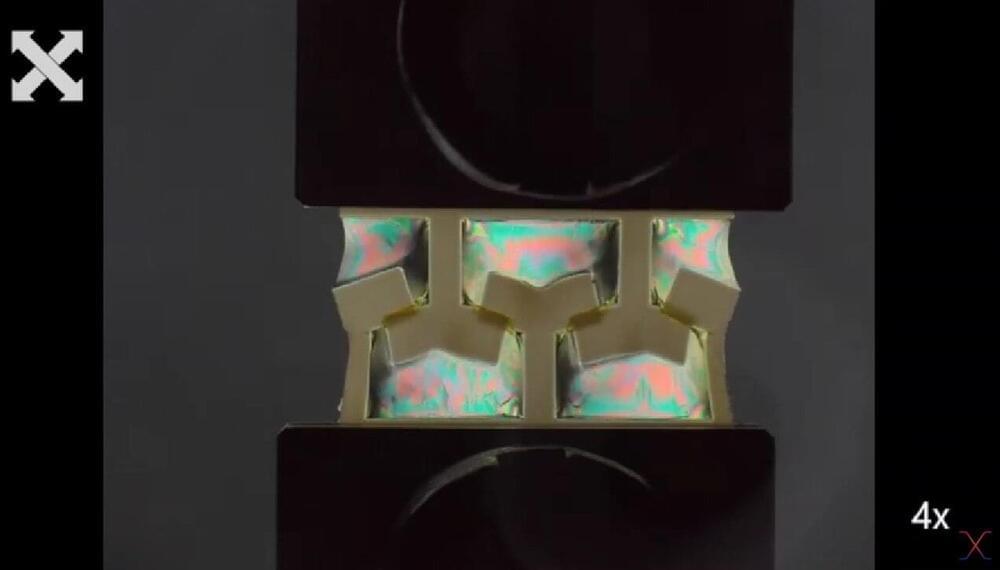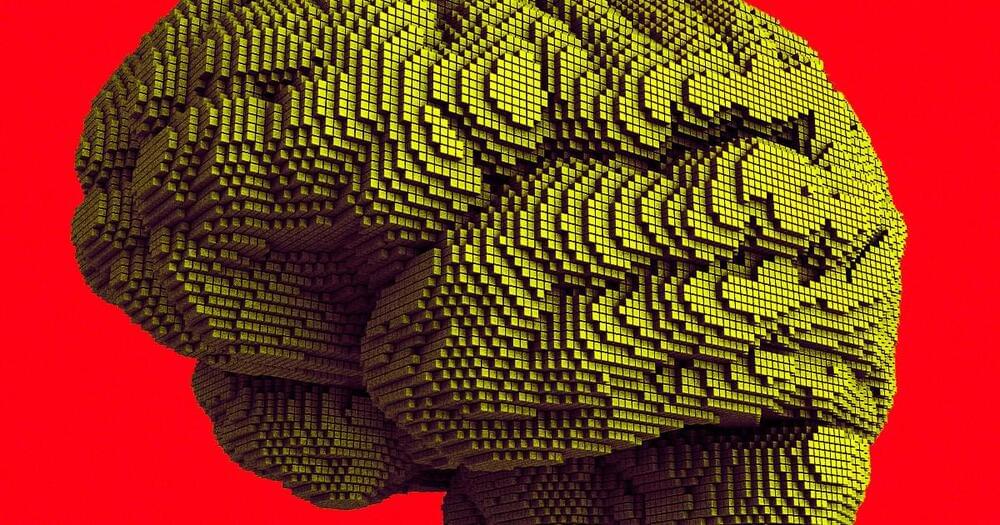
Last year, the pharmaceutical company Biogen released a drug called Aduhelm. It was the first new Alzheimer’s drug approved by the FDA in almost 20 years, but its rollout was mired in controversy — vast swaths of experts decried its approval, claiming there simply wasn’t enough evidence to support its efficacy, while the Journal of American Medicine (JAMA) rejected Biogen’s key Aduhelm paper. Shortly thereafter, Medicare chose to limit coverage of the drug.
All that is to say that given last year’s Aduhelm spectacle, you’d be forgiven for doubting what appears to be a promising development in Biogen’s continued Alzheimer’s drug development. And that’s just what it announced with a collaborator, fellow pharmaceutical maker Eisai, on Tuesday. But that being said, initial data suggests that the new drug is actually proving quite successful in late-stage clinical trials — enough so that Biogen might have a redemption arc, after all.
That new drug, lecanemab, is an anti-amyloid medication. An amyloid is a type of protein, and a normal one for brains to produce. An overabundance of amyloids, however, is believed to be caused by a disruption in a healthy brain’s built-in protein disposal system, resulting in a plaque; although our understanding is still fuzzy, brains with Alzheimer’s are shown to have abnormal plaque levels, so the idea is that anti-amyloid lecenameb, administered intravenously, could scrub that plaque away.

